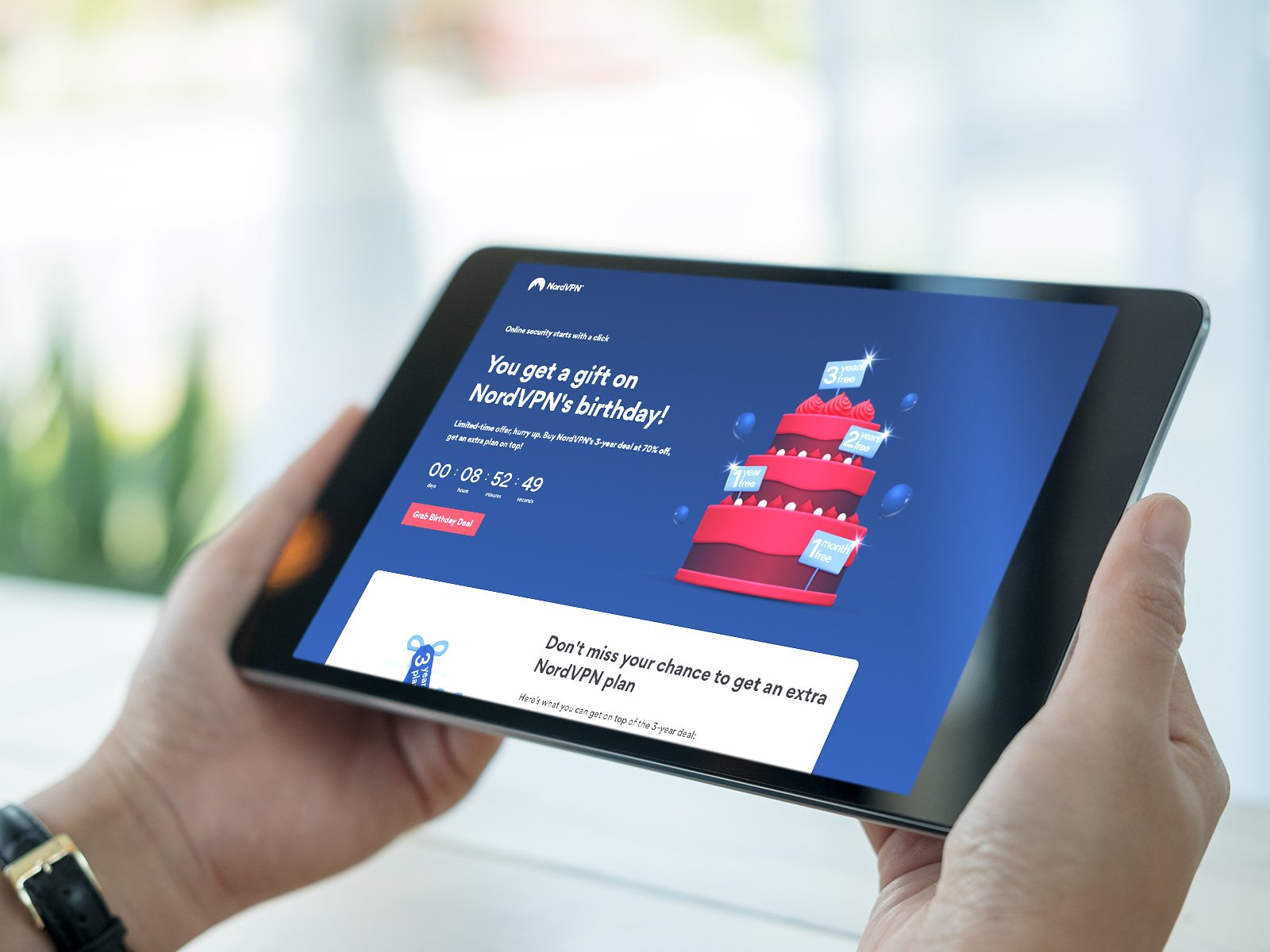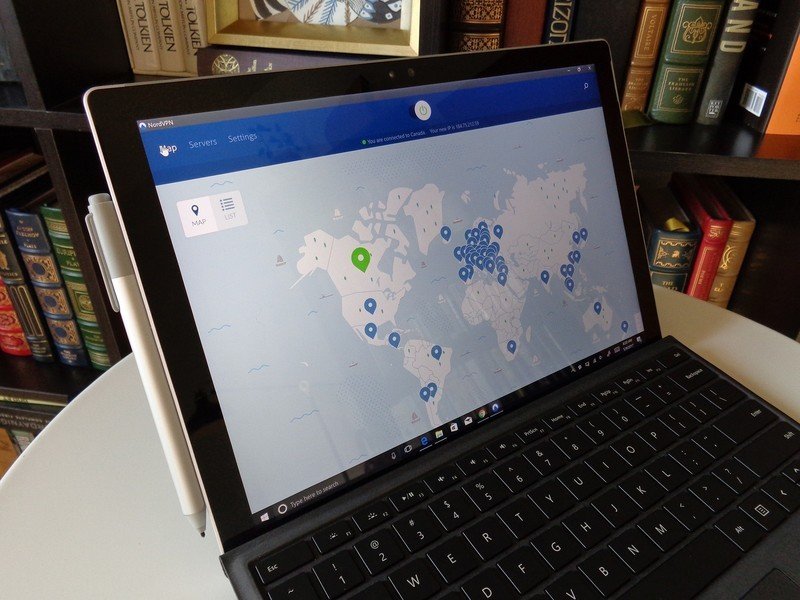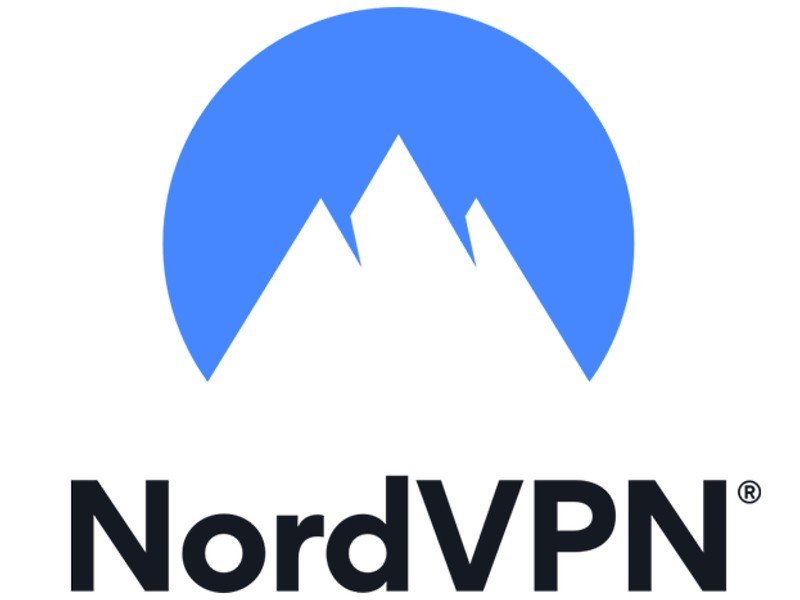This fascinating look at a NordVPN server shows just how complicated VPNs actually are

Over the past few years, virtual private networks (VPNs) have become way more popular, and people continue to use them more and more each day. We have talked about VPNs a lot here, from what a VPN even is to what the best VPN services even are, but our pals at TechRadar have gone even further. Teaming up with NordVPN, which is one of the most popular VPN services out there, the TechRadar Pro team was able to get a behind the scenes tour of a VPN server to see how things really work.

The CTO of NordVPN, Mark Halstead, and his colleague Tom Okman walked the folks from through a few key points of the VPN server, starting with how it looks. NordVPN's servers are Linux based, and the team said:
The session revealed that NordVPN's Linux servers are configured with various tools that enhance security, privacy, and authentication. FreeRADIUS is used for authentication, while the squid proxy software is also used. SaltStack is used for correct server configuration, controlling the infrastructure.
Through the course of the conversation, the folks at NordVPN also explained how DNS leaks are prevented. NordVPN uses its own DNS for the servers, but challenges arise for the company with mobile devices because Android devices require IPv6 to be disabled to avoid potential leaks. Another issue the company sees with some of its competition is that they will claim a server is in one country, but it's actually in another. NordVPN has a strict policy to prevent that, and ensures that all of the company's servers are actually where they say they are.
Other important topics, such as security and DDoS, ensuring the no-logging policy, how NordVPN can improve speeds, and general talk about how to improve the VPN industry were also covered. Be sure to read the full story at TechRadar now if you've ever been curious as to how a VPN works behind the scenes.

NordVPN
NordVPN has been one of the most popular VPN providers for the past few years, and odds are you've heard the name, so why not give it a shot today?
We test and review VPN services in the context of legal recreational uses. For example:
Be an expert in 5 minutes
Get the latest news from Android Central, your trusted companion in the world of Android
1. Accessing a service from another country (subject to the terms and conditions of that service).
2. Protecting your online security and strengthening your online privacy when abroad.
We do not support or condone the illegal or malicious use of VPN services. Consuming pirated content that is paid-for is neither endorsed nor approved by Future Publishing.

